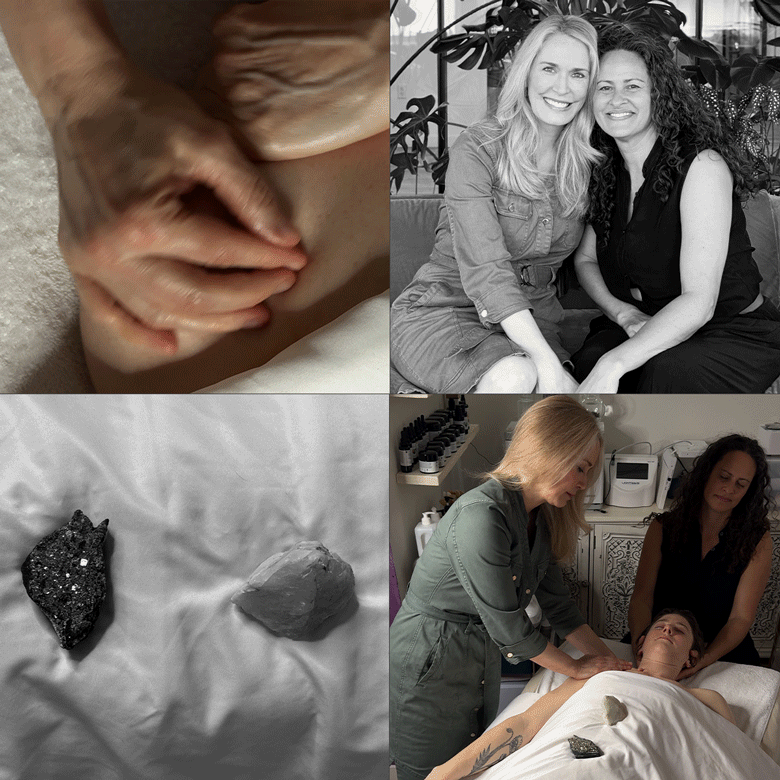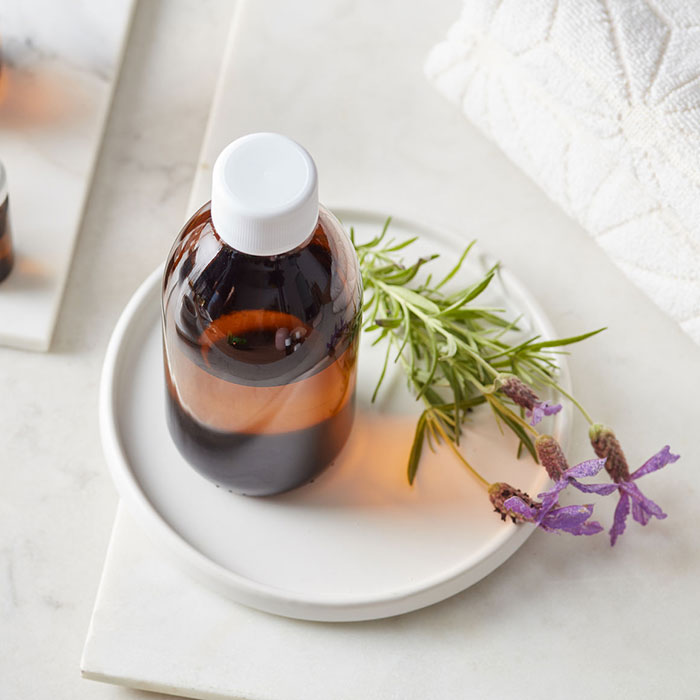From Vegan Pastries to Bilingual Yoga: Inside Paris's Distinctive Wellness Scene

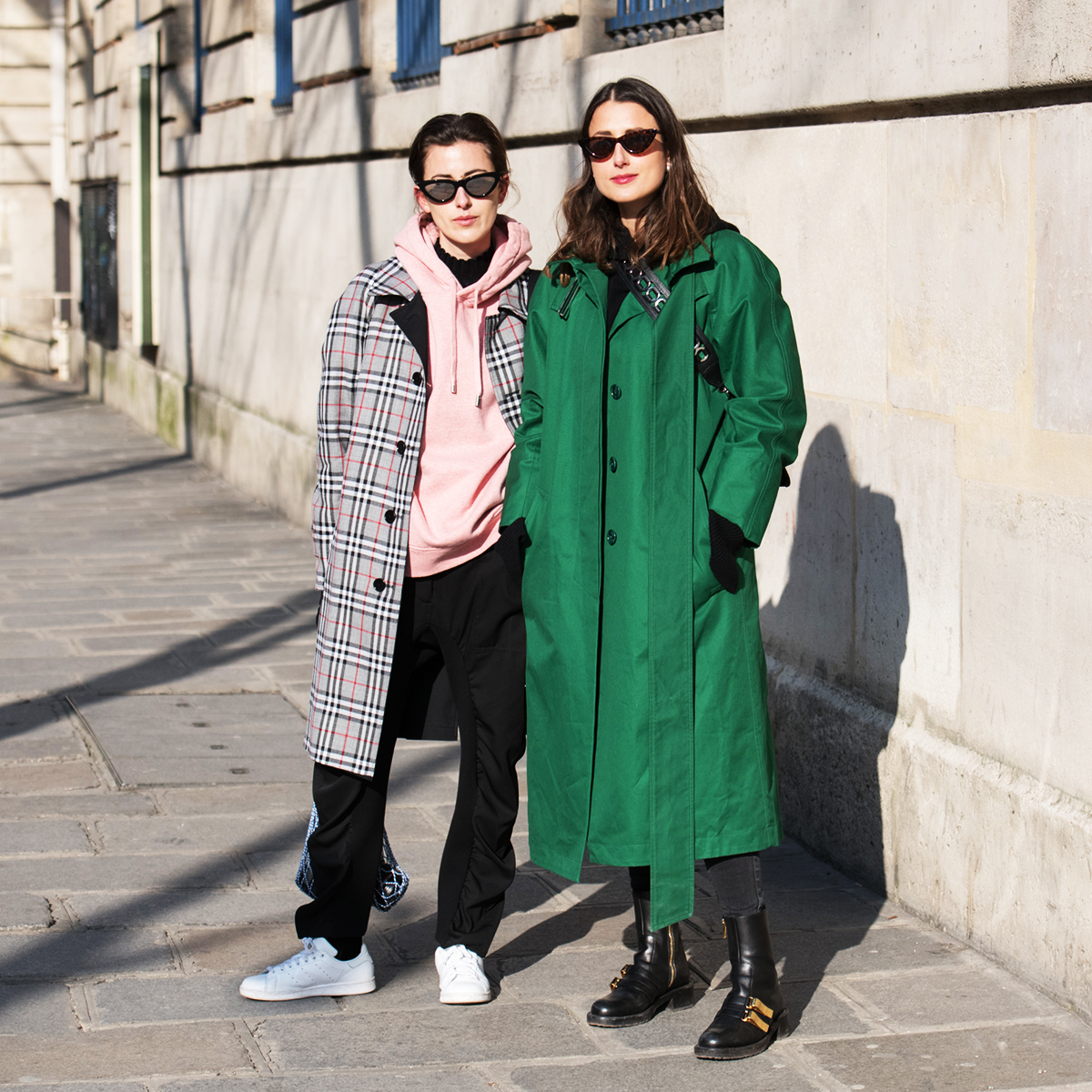
When I landed in Paris five years ago for a semester abroad, I was required to attend a cultural immersion session during orientation. Really, it was just a general overview of customs and practices that would allow us to blend in a little more seamlessly with our French counterparts—everything from proper restaurant etiquette to differences in dating. One of the few details I recall from this crash course had to do with proper dress: namely that "gym clothes" and the like were highly discouraged in public. "Try to avoid wearing leggings to class if you can help it," said the professor.
This advice crossed my mind again this past February when I returned to Paris for the first time since those months as a student. While strolling in and out of the vintage stores and birch-accented coffee shops that comprise the perennially cool Le Marais neighborhood, I noticed a handful of people decked out in head-to-toe activewear—with a couple of them even slinging yoga mats over their shoulders. I thought back to that orientation session and the frustration I had felt during that semester when I had struggled to find a conveniently located yoga studio. Then when I was peering at the menu of a traditional-looking brasserie, I noticed a standalone "vegan-friendly" section and had to stifle a laugh. I had only been back in the city for a few hours, but it was already clear that, at least in this regard, everything had changed.
And that's why I was back in the first place. When Air France invited me to check out its new mindfulness initiatives based out of its flagship lounge at Charles de Gaulle Airport, I jumped at the chance to extend my trip and take a closer look at the evolution of the health and fitness scene in Paris as a whole, especially in contrast to how it looked when I had last lived there. I spent the week frequenting buzzy spin classes, impeccably decorated yoga studios, and organic juice bars; on paper, it probably didn't look all that different from my life here in the wellness epicenter that is Los Angeles. But as I continued to explore, it became increasingly clear that France is establishing a wellness industry that's very much its own.
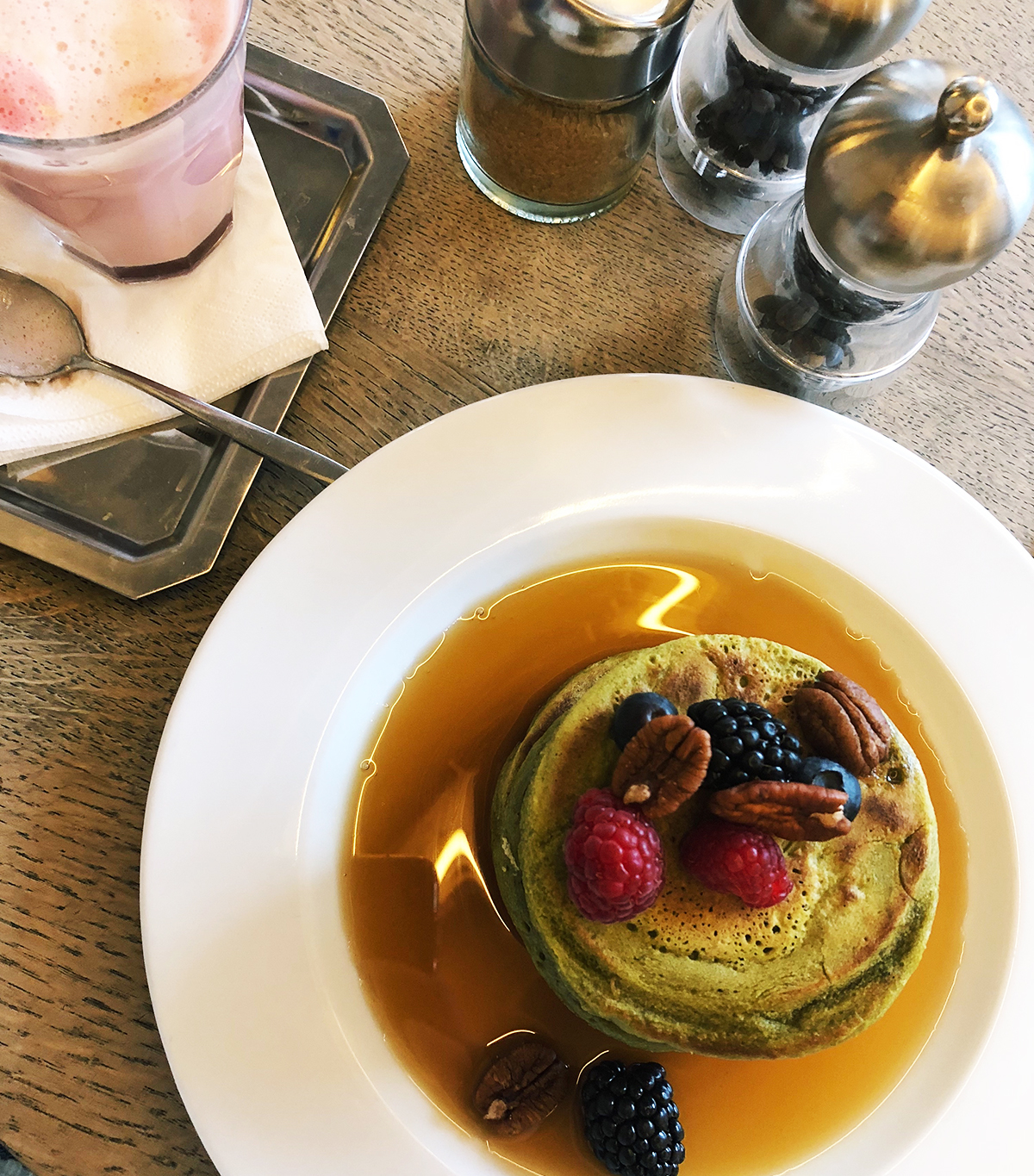
Insiders who are leading this charge would tend to agree. "I believe that, in general, Paris is following the lead of markets like the U.S., UK, and Australia," says Alison Beckner, a co-founder of Inside/Out, an online community, magazine, and creative agency for women who have a passion for wellness and fitness. She and co-founder Jessica Boukris decided to launch the platform after reconnecting in the locker room at Dynamo, a popular chain of boutique spin studios in the city.
In addition to capitalizing on a then-fledgling wellness market, both were passionate about creating a space for women, who they felt were categorically ignored in the context of sports and fitness at the time. "I was leaving the beauty industry, and I wanted to reconnect with sports from a woman's standpoint," says Boukris. "Something was definitely happening. Studios were opening. Women were finally wearing sports gear in the streets. But the media landscape did not support this evolution in France. And there was a lot to be done."
This was in 2016 when a number of factors had suddenly catapulted wellness into the mainstream. "For starters, the very definition of 'wellness' was changing from a very cookie-cutter focus on diet and fitness to an all-encompassing lifestyle. It finally became holistic," says Boukris. "People think about it with a 360-degree vision. It includes food, conscious choice in regard to beauty, clothes, consuming in general, and activities. This is the big revolution of the past few years here: Consumers are gravitating toward products with inherent health benefits that are actually well designed, desirable, accessible, fun, tasty, interesting, or storied."
This approach to wellness overlapped with French sensibilities exponentially more than crash dieting or toiling away on the treadmill ever did, and in turn, it has become the Parisian scene's defining trait. "I don't want to make generalities about Parisians overall," says Beckner. "But the wellness community tends to be less extreme than in other cities like NYC or L.A. Our community tends to have a unique idea of balance. I'm American, but I identify as part Parisian, having spent a huge part of my life in France. My motto after living in Paris for so many years is 'excess in moderation and moderation in excess.' I think we see this a lot."
When you think about it, it only makes sense that a culture that prides itself so much on its culinary traditions would take the time to make sure that its health food still meets the same sky-high standard. Even now, as a multitude of organic restaurants and juice bars have opened their doors, flavor remains a nonnegotiable.
"[People] would rather look for something tasty and not as healthy than something with a bad taste that's perfect for your health," says Dikom Bakang-Tonje, one of the founders of Dear Muesli, a small-batch granola and muesli company. It's an ethos he believes will remain intact even as there seems to be a shift toward "treating food as medicine if you don't want to have medicine as food one day."
Over the course of my trip, I had "healthy" food in many forms: a moringa pancake breakfast, a slice of vegan chocolate bread from the local pâtisserie, a positively stunning dinner of locally roasted squash with a creamy plant-based foam. Each dish seemed to be even more thoughtfully prepared and mouthwateringly delicious than the last. There's a popular attitude of seeing "food as fuel" in the American health domain, and that idea has no place in French wellness culture. Every bite and sip is something to be enjoyed and savored—even your almond milk latte.
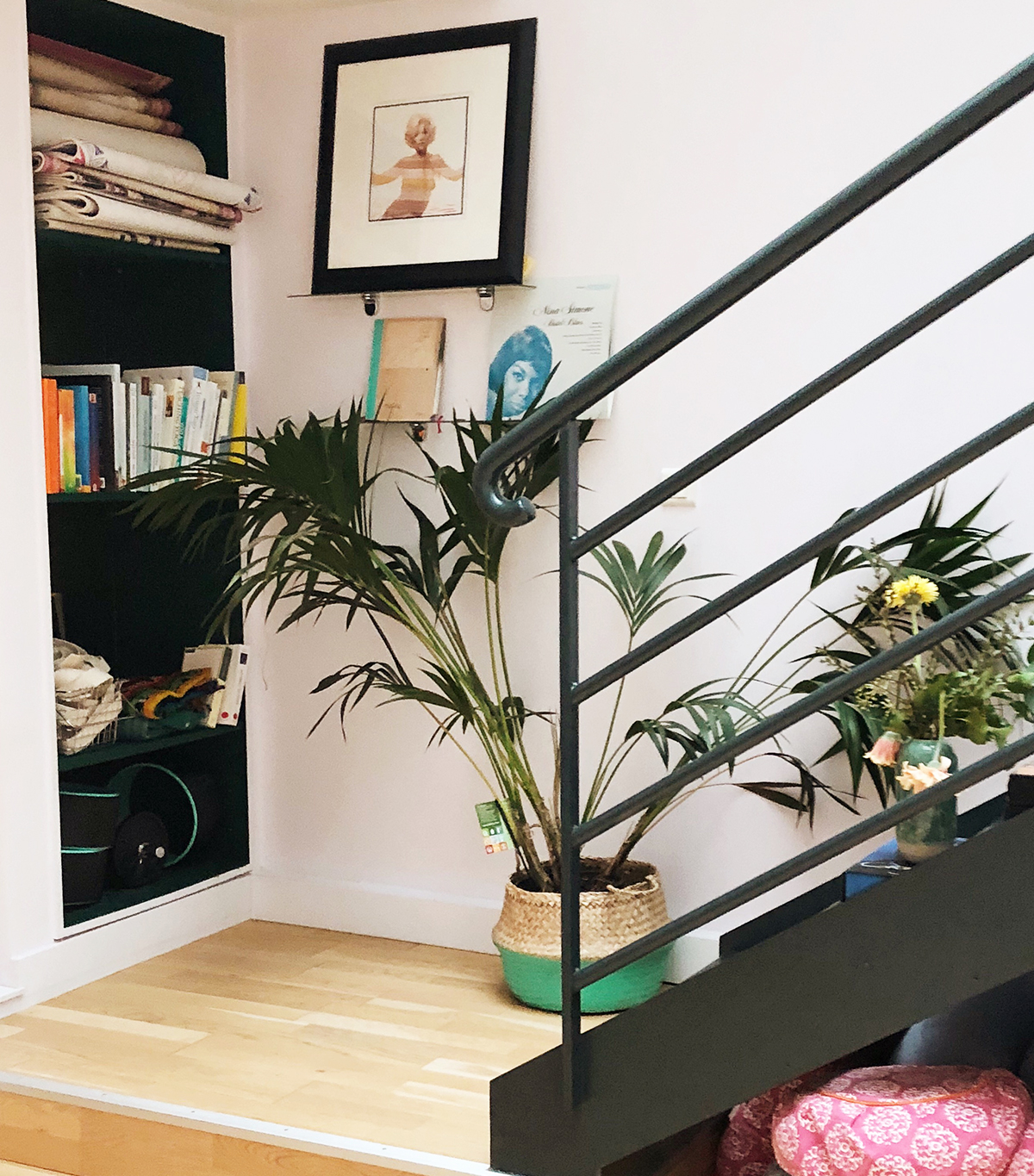
Fitness is a different story. Here, the French are much more willing to look elsewhere for inspiration, and the vast boutique scene in the U.S. and the UK provides it in spades. "The last two years have seen the opening of a huge number of gyms, when it has been the [norm] for years in London, not too far from us," notes Bakang-Tonje. That Anglo influence is often literal, as there are many studios that offer bilingual classes—undoubtedly with yoga- and spin-loving expats and tourists in mind.
"A lot of the support I receive is from the New York and California wellness community," says Sam Guelimi, who opened yoga studio Ici Selfcare in 2016 (which, irony of all ironies, happens to be in walking distance of my old apartment). As such, the walls of Ici's in-house boutique are lined with wares from popular American brands like CAP Beauty and Sundara Holistic—and during the class I took there, the instructor gamely switched between French and English to ensure that every student felt accommodated.
"To me, it's a case of 'if you build it, they will come,'" says Beckner of this more slow-moving shift toward working out on the regular—especially for women. "Trust me," adds Boukris. "It's a big deal for the Parisienne who was defined as badass for the way she thought but was not supposed to be strong 'physically.'" But that's changing. "Sports and wellness are now forms of empowerment for the Parisienne," she says.
But Beckner, Boukris, and Guelimi all agree that this sense of empowerment also transcends physical fitness, in that most importantly, the growing wellness industry in Paris—and in the world at large—offers an important outlet for women to converge and connect. "I really believe in community," says Guelimi. "My projects attract a few people, but it's a strong and loyal community."
It's the same philosophy that fuels Inside/Out. "We both wanted to develop a community with meaning," says Boukris. "Women are ready to take charge and experience a new form of meeting up with each other," adds Beckner.
Amid all the cultural differences that I experienced over the course of that week in February, this concept seemed to be the least foreign of all.
This article is provided for informational purposes only and is not intended to be used in the place of advice of your physician or other medical professionals. You should always consult with your doctor or healthcare provider first with any health-related questions.

